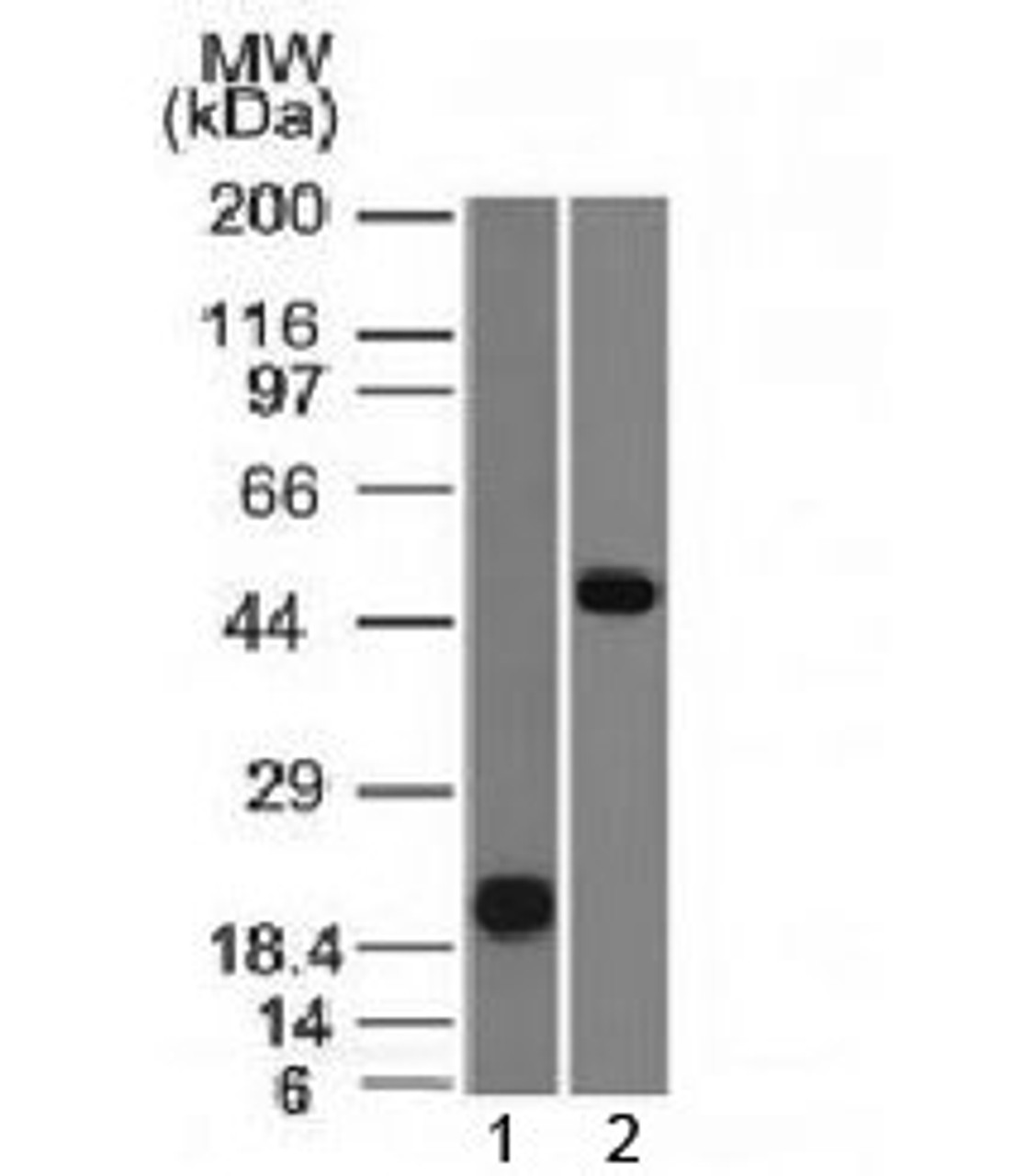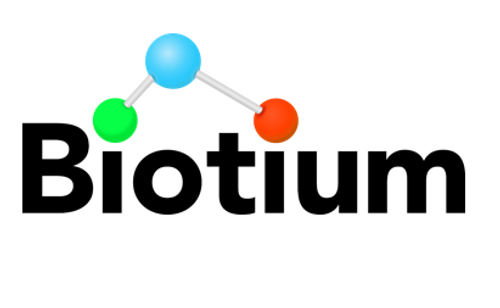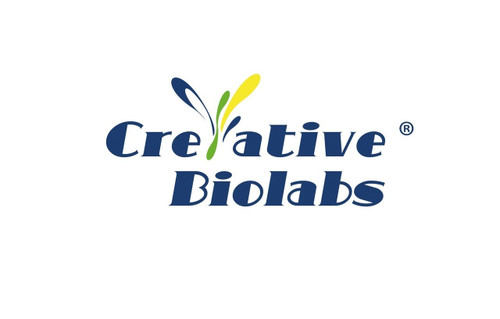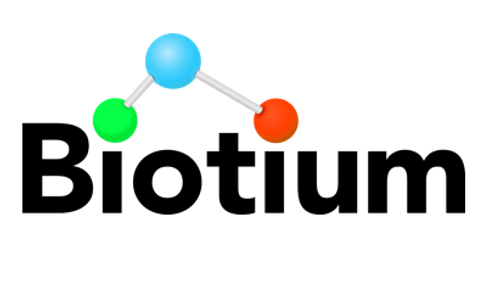Product Description
PAX8 Antibody [PAX8/1491] | 33-765 | ProSci
Host: Mouse
Reactivity: Human
Homology: N/A
Immunogen: A human recombinant fragment (aa 60-261) was used as the immunogen for the PAX-8 antibody.
Research Area: Neuroscience
Tested Application: WB
Application: WB: 0.5-1 ug/ml
Optimal dilution of the PAX-8 antibody should be determined by the researcher.
Specificiy: N/A
Positive Control 1: N/A
Positive Control 2: N/A
Positive Control 3: N/A
Positive Control 4: N/A
Positive Control 5: N/A
Positive Control 6: N/A
Molecular Weight: N/A
Validation: N/A
Isoform: N/A
Purification: Protein G affinity chromatography
Clonality: Monoclonal
Clone: PAX8/1491
Isotype: IgG2b
Conjugate: Unconjugated
Physical State: Liquid
Buffer: PBS with 0.1 mg/ml BSA and 0.05% sodium azide
Concentration: 0.2 mg/mL
Storage Condition: Aliquot and Store at 2-8˚C. Avoid freez-thaw cycles.
Alternate Name: Paired box protein Pax-8, PAX8
User Note: Optimal dilutions for each application to be determined by the researcher
BACKGROUND: PAX-8 is a member of the paired box (PAX) family of transcription factors. This nuclear protein is involved in thyroid follicular cell development and expression of thyroid-specific genes. Mutations in this gene have been associated with thyroid dysgenesis, thyroid follicular carcinomas, and atypical thyroid adenomas. PAX-8 is expressed in the thyroid (and associated carcinomas) , non-ciliated mucosal cells of the fallopian tubes, and simple ovarian inclusion cysts, but not normal ovarian surface epithelial cells. PAX-8 is expressed in a high percentage of ovarian serous, endometrioid, and clear cell carcinomas, but only rarely in primary ovarian mucinous adenocarcinomas. PAX-8 expression is reported in renal tubules as well as renal cell carcinoma, nephroblastoma, and seminoma. PAX-8 antibody may be used as an additional immunohistochemical marker for renal epithelial tumors.
 Euro
Euro
 USD
USD
 British Pound
British Pound
 NULL
NULL

![PAX8 Antibody [PAX8/1491] PAX8 Antibody [PAX8/1491]](https://cdn11.bigcommerce.com/s-452hpg8iuh/images/stencil/1280x1280/products/575575/812494/porsci_lo__79508.1648973713__45168.1649091969.png?c=2)

![PAX8 Antibody [PAX8/1491] PAX8 Antibody [PAX8/1491]](https://cdn11.bigcommerce.com/s-452hpg8iuh/images/stencil/100x100/products/575575/812494/porsci_lo__79508.1648973713__45168.1649091969.png?c=2)

![PAX8 Antibody [PAX8/1491] PAX8 Antibody [PAX8/1491]](https://cdn11.bigcommerce.com/s-452hpg8iuh/images/stencil/500x659/products/575575/812494/porsci_lo__79508.1648973713__45168.1649091969.png?c=2)

![PAX8 Antibody [PAX8/1492] PAX8 Antibody [PAX8/1492]](https://cdn11.bigcommerce.com/s-452hpg8iuh/images/stencil/500x659/products/575576/812496/porsci_lo__79508.1648973713__20398.1649091970.png?c=2)


